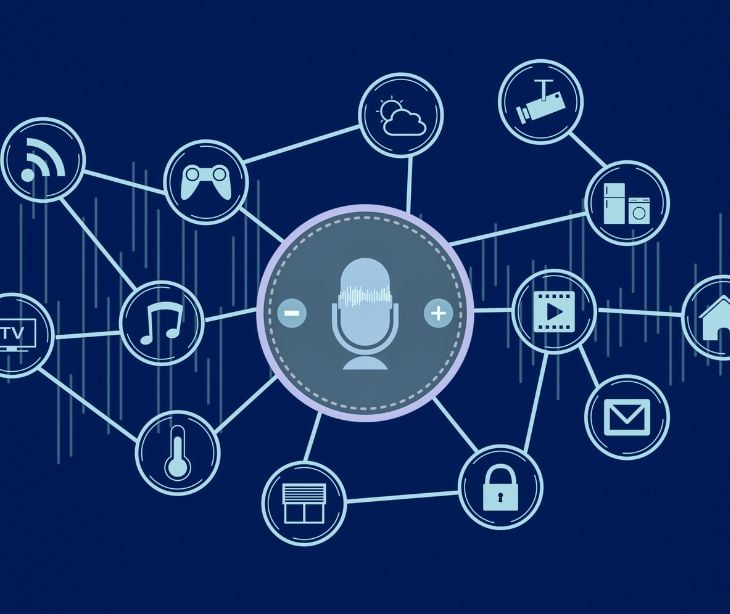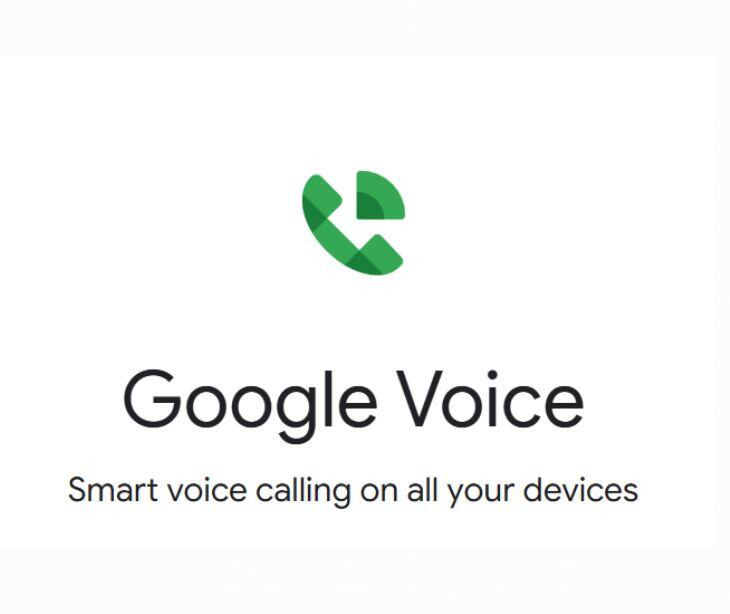%20-%202024-10-09T173313.795.jpg)
HIPAA compliant Voice over Internet Protocol (VoIP) systems are designed to store and transmit PHI while mitigating data privacy and security risks. Prioritizing privacy and security standards helps safeguard sensitive patient information and promotes efficient communication channels. Healthcare providers can use HIPAA-compliant VoIP to securely connect with patients, minimizing the risks of spoofing, scams, and unauthorized access to PHI.
What is VoIP?
According to Federal Communications Commission, “Voice over Internet Protocol (VoIP), is a technology that allows you to make voice calls using a broadband Internet connection instead of a regular (or analog) phone line.” It offers cost efficiency, scalability, and advanced features that make it popular among businesses of all sizes. In healthcare, VoIP has changed to support secure messaging, video conferencing, and AI-powered customer contact centers.
While some circumstances may not require HIPAA compliance for VoIP communications, any disclosure of protected health information (PHI) falls under HIPAA regulations. Compliance extends beyond the security rule to encompass the privacy rule standards, which involve verifying consent and disclosing the minimum necessary PHI.
Features of HIPAA compliant VoIP systems
When selecting a HIPAA compliant VoIP provider, healthcare organizations should look for the following features:
Electronic health record (EHR) integration
The best HIPAA compliant VoIP solutions seamlessly integrate with other software applications and patient management tools, enabling a streamlined and efficient workflow. Integrating these systems allows healthcare providers to access patient information and communication records within a unified platform, enhancing productivity and patient care.
Encryption
Every call recording and voicemail containing PHI should be encrypted, which ensures that sensitive data remains inaccessible to unauthorized parties, safeguarding patient privacy.
Role-based access control
Effective HIPAA compliant VoIP systems offer granular control over user access, allowing healthcare organizations to manage who can access VoIP accounts. Typically this is achieved through unique passcodes and multi-factor authentication (MFA), ensuring that only authorized personnel can access and interact with PHI.
Audit logging
Audit trails are a component of HIPAA compliant VoIP services, these logs track every login and call activity, recording data such as timestamps and caller IDs. Such a feature allows healthcare providers to monitor suspicious activities and swiftly address potential security breaches.
Signed business associate agreements
HIPAA compliant VoIP providers must be willing to sign a business associate agreement (BAA) with the healthcare organization. These agreements establish the service provider's responsibilities in protecting PHI and ensure transparency between the covered entity and the service provider.
Retention policies
HIPAA compliant VoIP solutions should have well-defined policies regarding the retention period for call logs and phone recordings. These policies must align with HIPAA's privacy and security rules, ensuring that patient data is stored and eventually disposed of in a manner that safeguards confidentiality.
Read more: HIPAA compliant VoIP
Top HIPAA compliant VoIP service providers
Several leading VoIP service providers have emerged as reliable and secure options. Let's look at some of the top HIPAA compliant VoIP solutions:
iFax
iFax is a communications platform that offers reliable faxing capabilities but also provides HIPAA compliant VoIP calling. The platform can sign a BAA upon request, further demonstrating its commitment to protecting PHI in accordance with HIPAA standards. iFax's features include enterprise-grade encryption, secure text messaging, audit trails, and HIPAA compliant faxing.
RingCentral
RingCentral is a cloud-based VoIP phone service that caters specifically to the healthcare industry. Its user-friendly mobile app allows healthcare providers to make calls and send messages from anywhere, while its call-routing feature ensures accessibility and responsiveness. RingCentral's HIPAA compliant offerings include Interactive Voice Response (IVR), SMS and MMS, auto call recording, and internet faxing.
Nextiva
Nextiva is a cloud-based VoIP virtual phone system that offers a comprehensive business communication platform, including video conferencing, text messaging, and VoIP service. Its HIPAA compliant features include three-way calling, HD VoIP phone service, click-to-dial functionality, and unlimited faxing, enabling seamless collaboration among healthcare teams.
RingRX
RingRX is a HIPAA compliant, all-in-one communication solution tailored specifically for healthcare professionals. Its Voice over IP service provides calls, texts, and fax services, along with a desktop portal for customizing account preferences and accessing its API. Other features include voicemail transcription, HIPAA compliant voicemail boxes, team and patient texting, and call recording.
Phone.com
Phone.com is a HIPAA compliant VoIP service provider designed for medical providers and small businesses. Its desktop dashboard allows healthcare organizations to communicate with patients immediately using existing mobile devices or PCs, without the need for complicated setup or additional hardware. Standout features include conversational text messaging, voicemail transcription, live receptionist, and faxing capabilities.
Mitel MiCloud Connect
Mitel MiCloud Connect is a cloud-based, all-in-one communications system that offers HIPAA compliant hosted VoIP phone service and contact center solutions. It seamlessly integrates with existing systems, providing features like phone management and routing, instant messaging, voicemail transcription, and audio/video conferencing with web sharing.
Read also: VoIP Providers and HIPAA Compliance: The Ultimate Guide
In the news
Broadvoice, a prominent VoIP provider for small- and medium-sized businesses, exposed over 350 million customer records from its "b-hive" cloud-based communications suite, including hundreds of thousands of sensitive voicemail transcripts containing medical and financial information. Researchers at Comparitech found that Broadvoice left an Elasticsearch database open to the internet without authentication, exposing 275 million records with caller details and 2 million voicemail transcripts. This data leak posed privacy and fraud risks. Broadvoice secured the database the same day it was discovered and stated there was no evidence of data misuse.
FAQs
Does HIPAA apply to VoIP services used in healthcare?
Yes, HIPAA regulations apply to VoIP services used in the healthcare industry. Any VoIP solution that stores, transmits, or processes PHI must comply with HIPAA's privacy and security standards.
Do I need consent to use HIPAA compliant VoIP in healthcare?
Yes, healthcare providers generally need to obtain patient consent before using HIPAA compliant VoIP services to communicate with them. This ensures that patients are aware of the technology being used and have given their approval for the secure transmission of their PHI.
What features should I look for in a HIPAA compliant VoIP system?
When selecting a HIPAA compliant VoIP provider, features to look for include EHR integration, encryption, role-based access control, detailed audit logging, signed BAAs, and well-defined retention policies for call logs and recordings.
Learn more: HIPAA Compliant Email: The Definitive Guide



%20-%202024-10-24T161542.045-1.jpg)
